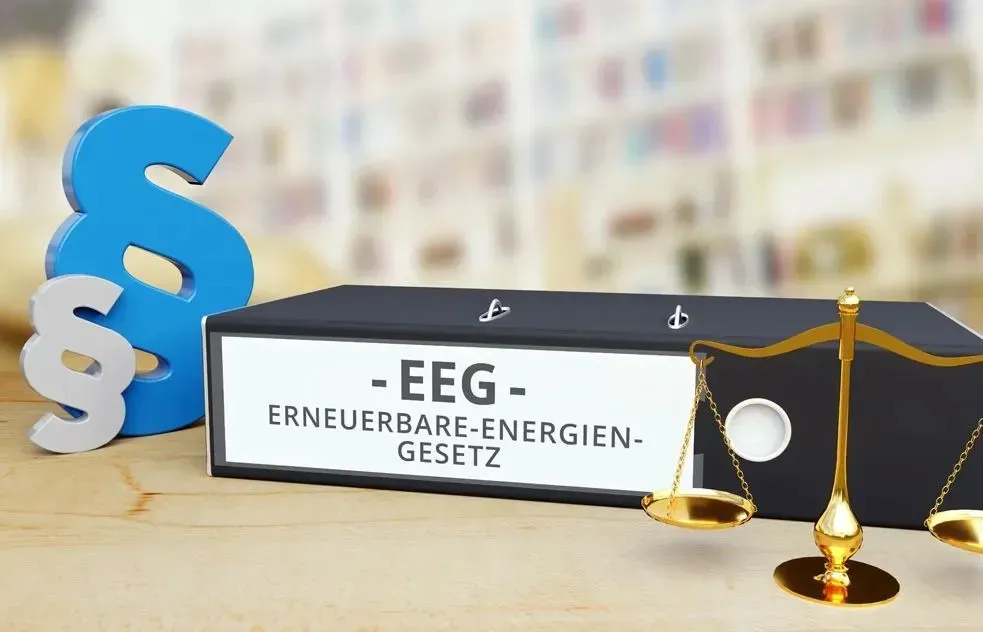
Inquiry
Solar Subsidies in Germany Set to Decrease in 2024
This reduction comes after a year-long period without any changes to photovoltaic feed-in tariffs, as stated in the EEG 2023. Starting from February 1, 2024, a decrease of one percent will be implemented.
The reduction of subsidies applies to photovoltaic systems and fixed feed-in tariffs, which will be reduced by 0.4 cents per kilowatt hour below the revenues from direct marketing. This change affects systems with an output of up to 100 kilowatts on buildings and noise barriers.
Currently, the subsidy rates for these systems range from 8.20 to 5.80 cents per kilowatt hour for partial feed-in, depending on the system's size. For full feed-in, the fixed feed-in tariff ranges from 13.00 to 10.90 cents per kilowatt hour. Other systems receive a subsidy of 6.60 cents per kilowatt hour in both categories. Rooftop installations and systems on noise barriers require an investment value of between 8.60 and 6.20 cents per kilowatt hour for surplus feed-in and between 13.40 and 8.10 cents per kilowatt hour for full feed-in. For other installations, the investment value is set at 7.00 cents per kilowatt hour.
On February 1, all these subsidy amounts will decrease by one percent. Additionally, according to the EEG 2023, there will be a semi-annual degression in funding starting from August 1, 2024. This will result in another one percent reduction in subsidy rates. Consequently, from February 1, the values to be applied will range from 6.14 to 13.27 cents per kilowatt hour. The fixed feed-in tariff for photovoltaic systems with an output of up to 100 kilowatts will continue to be reduced by 0.4 cents per kilowatt hour.
Although the details are still being worked out, it is currently uncertain when the "Solar Package 1" will be adopted by the Bundestag. In a recent vote, MEPs focused primarily on wind energy measures, and it remains to be seen if the EEG amendment will be included on the agenda during the Bundestag's first session week in mid-January 2024.
Our expert will reach you out if you have any questions!

